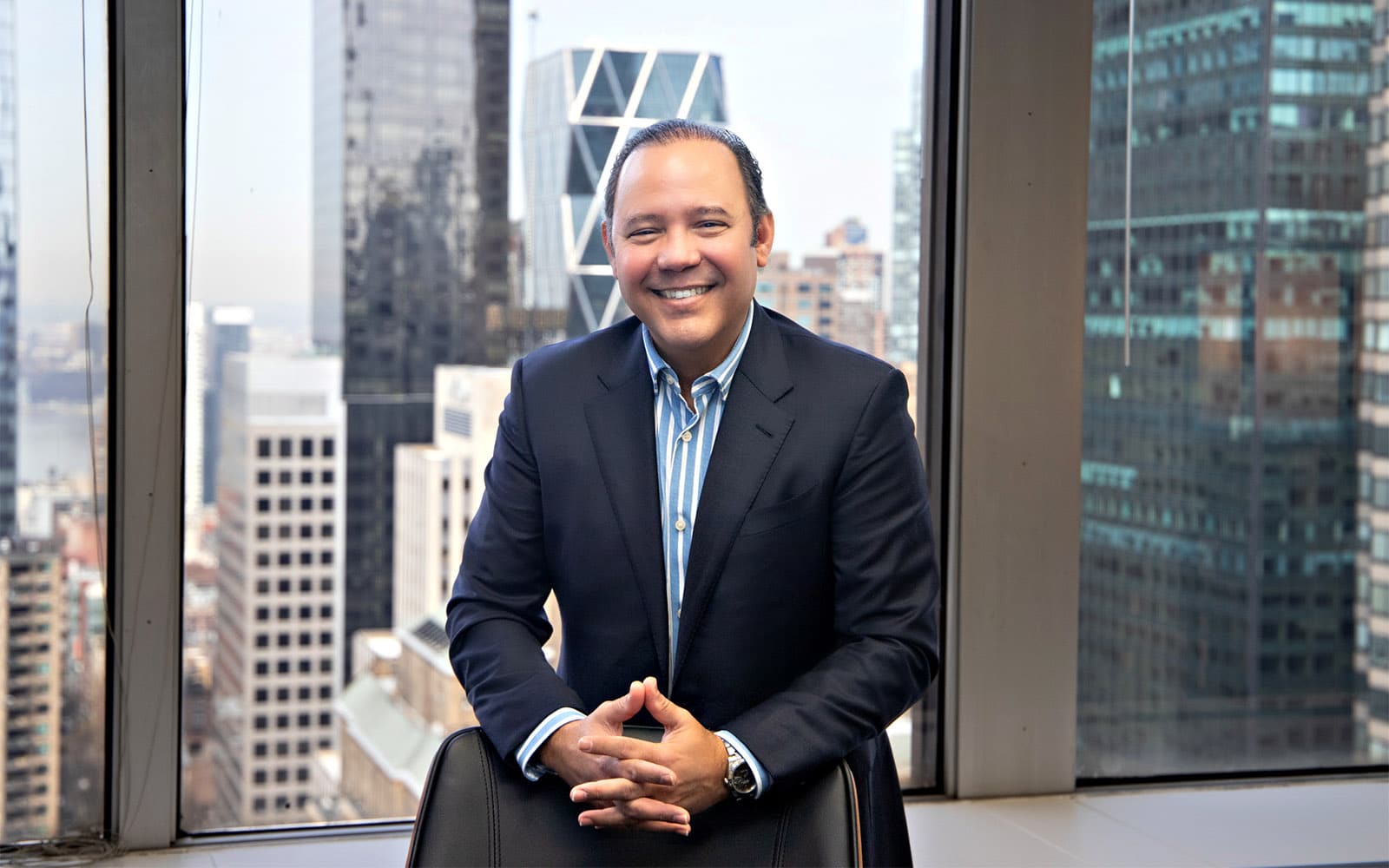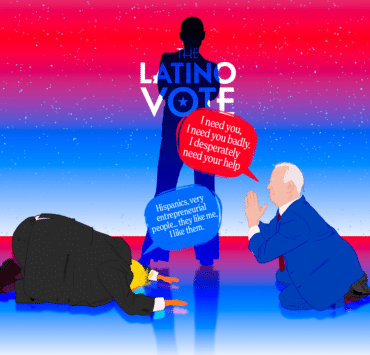|
Getting your Trinity Audio player ready...
|
For decades, Augusto Romano has helped connect the Latino experience to the rest of the world. From his first failed venture, an endeavor to take on the Dominic Republic’s telecom industry in his early twenties, to his leadership as CEO of premium US-Hispanic audience network Digo, Romano continues to reinvent himself and revolutionize the advertising industry.
By finding new ways to reach audiences that have been ignored for far too long, Romano provides solutions for agencies, publishers, and advertisers looking to tap the continuously growing US-Hispanic population with Digo. The company leverages content, offering brands impactful and relevant opportunities to access their Hispanic network, one Romano has decades of cultivating.
Publishers are outfitted with monetization strategies for driving US-Hispanic audiences. Networks can maximize their advertising spends by adding direct sales and bidding on multiple demand partners in real-time. And advertising exchanges can pursue a highly engaged audience.
While Romano says his first dial-up internet business in the ‘90s may have failed, it provided the groundwork for the multiple companies he later started and grew. Many of those companies are active today, such as Comunique, AdVentures, Digo Network, and now Digo proper.

The Dominican CEO and founder secured partnerships with more than fifty media groups in LATAM and Spain, reaching 30 million Hispanics in the continental US—who account for more than 18 billion advertising impressions. Digo operates out of New York City, where Romano now lives. The company also operates out of Buenos Aires, Madrid, Mexico, Colombia, Puerto Rico, and the Dominican Republic.
The big moments remain clear for Romano. He was the first person in the Dominican Republic to offer local brands the capabilities of reaching digital audiences on social networks Hi5 and Myspace while Facebook was still relegated to college campuses. When Facebook began offering premium ads, Romano hopped on immediately, using video content for branding and advertising. He was the first to roll out these capabilities in the Republic, too. At one point, Romano was the country’s de facto representative for Twitter while he continued building an international portfolio of media brands and delivering them to his country of origin.
“But eventually I realized that I had to think bigger,” Romano says. “We started with Dominicans and Puerto Ricans but think of all the Hispanics in the US. People want to be connected with their home countries and the cultures they were raised in.”
At present, Digo oversees strategy for fifty-five media groups across Latin America and Spain, including partners like Listín Diario, one of the Dominican Republic’s oldest newspapers, and La Vanguardia, an even older paper in Barcelona, Spain.
“I tell my clients that they’re buying top-quality publishers,” Romano says. “It’s not just about the reach to the Hispanic audience; it’s where you reach them and the context in which you do so.”
The CEO says Listín Diario has been part of his life since the beginning and is responsible for helping drive democracy in the Dominican Republic. Alongside that newspaper, Romano considers it an honor to help the myriad of legacy media institutions and publishers he works with to seek out new monetization methods and business lines, helping them adapt to the new media landscape. Some honorable mentions include but are not limited to Diario Libre, El Pais, Metro, El Tiempo, Primera Hora, El Nuevo Día, Heraldo—the list goes on.
But there is another factor that is just as important. Romano says Hispanic people are monolithically understood by the rest of the world in a way others simply are not. The differences between cultures are what help define those communities, and they should be celebrated and with respect.
“I’ve only been back in the US for the last five years, but I see that my mission is to help marketers understand the differences,” Romano says. “We are Latino. We are Spanish. We are bicultural. We are consumers. We are educated. And we are on the rise. Catering to that same stereotypical Hispanic consumer isn’t going to get the kind of returns you want. It’s just not good business.”
Romano is still ahead of the curve. He was pushing video content before most people understood how to use their front-facing camera. Over the last few years, Digo has been at the forefront of creating video content that is more engaging and more relevant for attention spans that seem to be rapidly shrinking. At the same time, Digo is working with Latin American and Spanish media groups to develop more intelligent and engaging television strategies to bring their US counterparts.
Romano listens to a multitude of different sounds to sleep at night. His mind is in perpetual overdrive. But that’s what makes him a builder of companies, a connector of cultures, and still ahead of the game a few decades into his career.
“This fire always burns inside me, and I hope others can recognize it in themselves and walk their own path,” Romano says. “I saw the opportunities, but I also felt the purpose. That purpose is what will keep you going in the hard times. It has to be bigger than just making money. Without purpose, there’s nothing to hold onto.”

